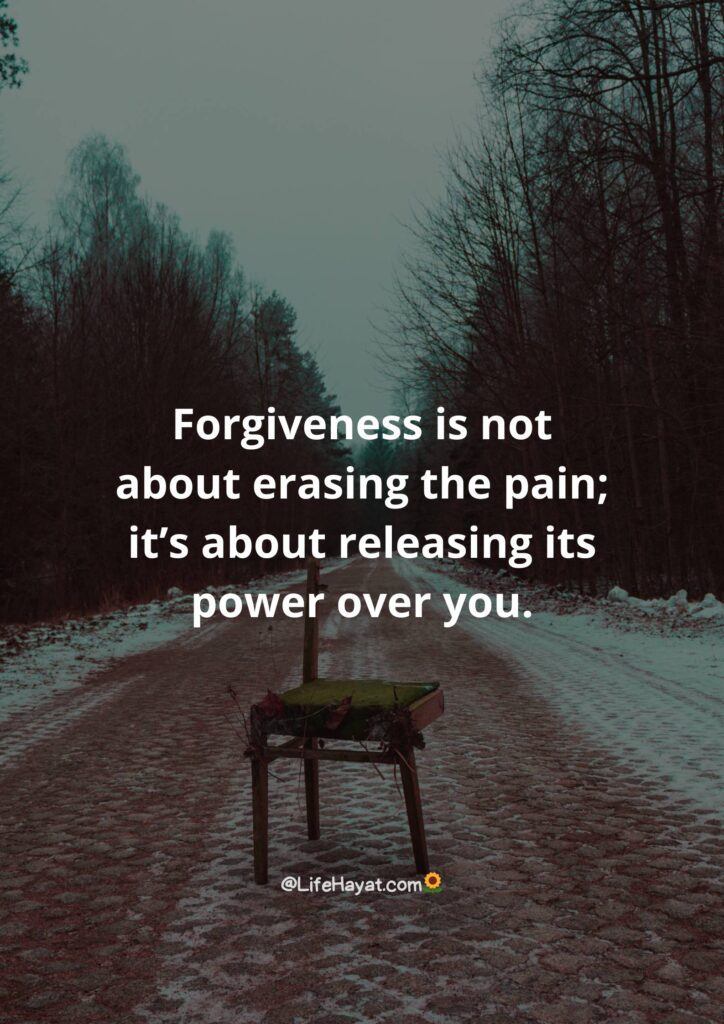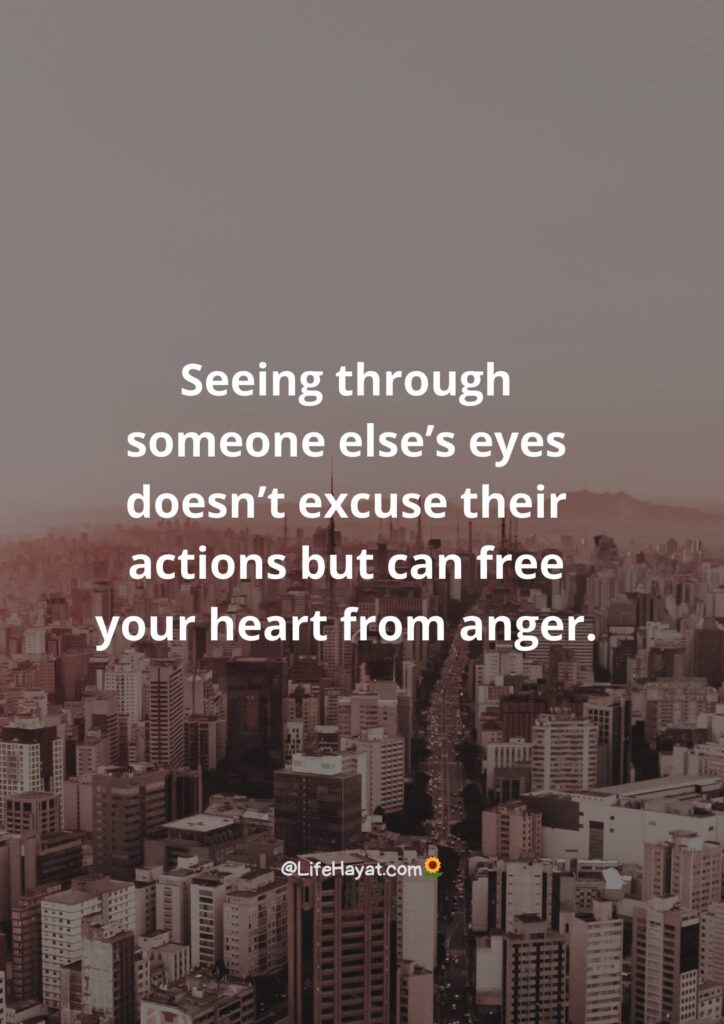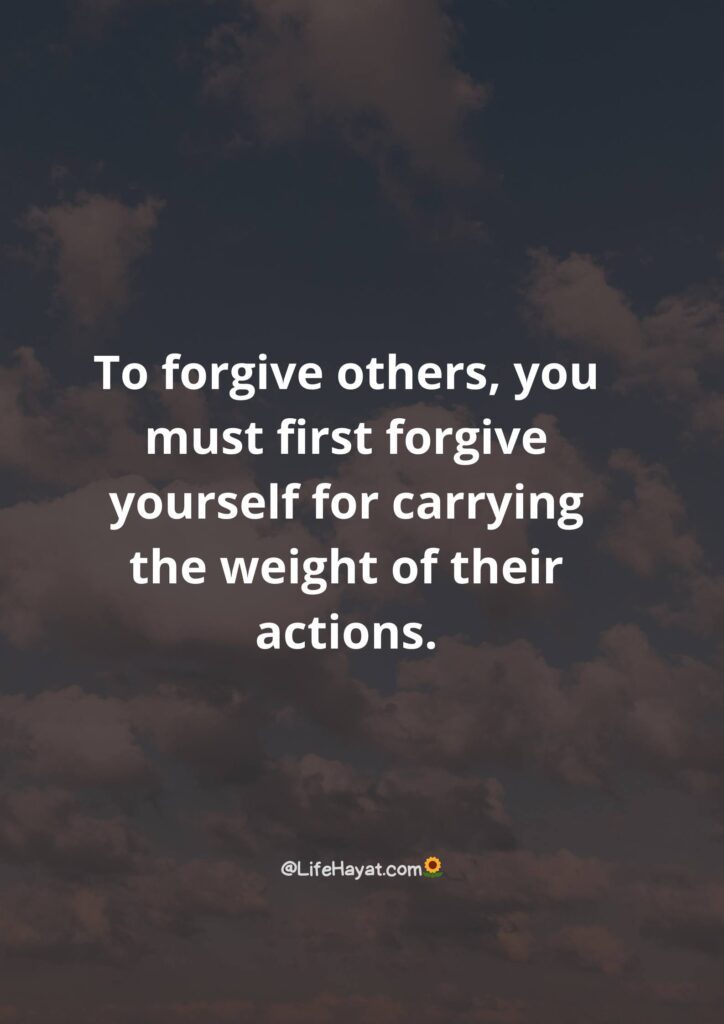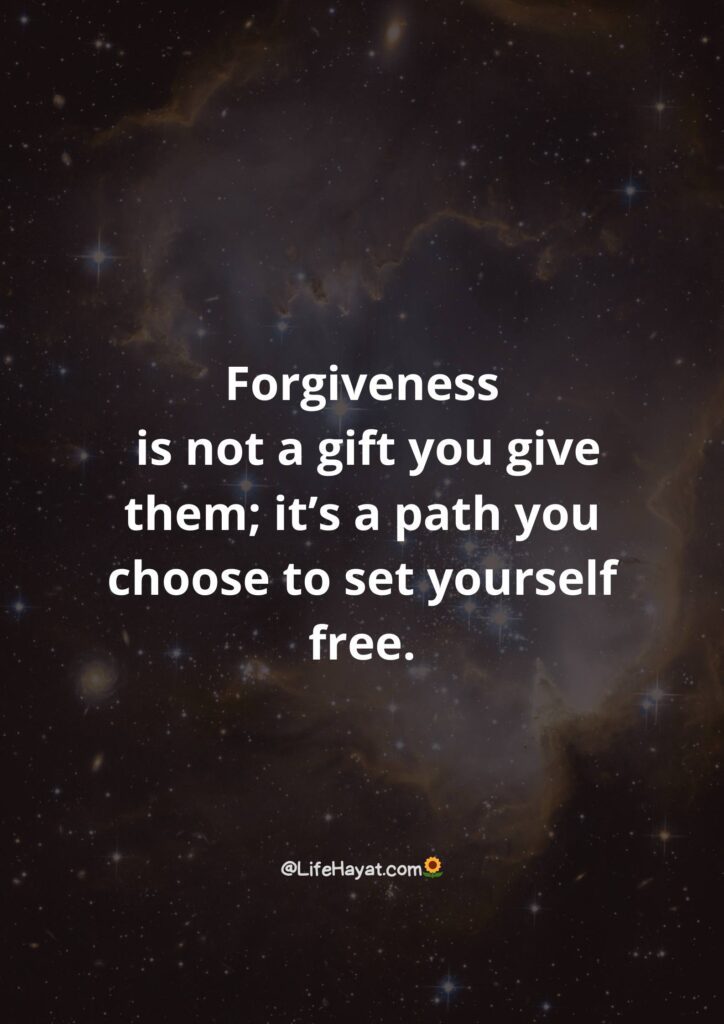
How to forgive someone: Forgiveness is one of the most powerful yet challenging acts we can perform. Holding onto resentment can weigh heavily on our mental and emotional well-being, while letting go offers freedom and inner peace.
But how do you forgive someone, especially when the pain runs deep? Psychology provides us with three practical strategies to help you navigate the path toward forgiveness and emotional healing.
Table of Contents
- What Is Forgiveness, and Why Does It Matter?
- 1. Understand Their Perspective
- 2. Focus on Your Emotional Healing
- 3. Practice Self-Compassion
- Common Misconceptions About Forgiveness
- How to Start Your Forgiveness Journey Today (How to forgive someone)
- Conclusion
What Is Forgiveness, and Why Does It Matter?
Forgiveness is the conscious decision to let go of resentment, anger, or the need for revenge toward someone who has hurt you. It does not mean condoning their actions or forgetting what happened. Instead, forgiveness is about reclaiming your emotional power and finding peace within yourself.
Studies show that forgiveness can improve mental health, lower stress levels, and even reduce symptoms of anxiety and depression. By forgiving, you are not excusing the behavior but choosing to free yourself from the burden of bitterness.
“Forgiveness is not about erasing the pain; it’s about releasing its power over you.”

1. Understand Their Perspective
Empathy is a cornerstone of forgiveness. This doesn’t mean you have to agree with or justify the other person’s actions, but understanding their motives can help you see the situation from a broader perspective.
Actionable Tip: Reflect on the circumstances that led to their behavior. Were they acting out of fear, stress, or insecurity? While this doesn’t excuse their actions, it can help humanize them and reduce the intensity of your anger.
Psychologists refer to this as “cognitive empathy,” which can shift your focus from blame to understanding. This shift helps you let go of resentment more effectively.
“Seeing through someone else’s eyes doesn’t excuse their actions but can free your heart from anger.”

2. Focus on Your Emotional Healing
Forgiveness is not just about the other person, it’s about you. Holding onto anger can create long-term emotional and physical stress. Instead of focusing on what was done to you, turn your attention to healing yourself.
Actionable Tip: Practice mindfulness and journaling to process your emotions. Write down how the event made you feel, and then write about how letting go of those feelings could positively impact your life.
Therapists often recommend techniques like visualizing yourself letting go of the pain as a way to reinforce your healing journey.
“Healing begins the moment you decide that your peace is more valuable than your pain.”

3. Practice Self-Compassion
Forgiving others starts with forgiving yourself. Often, when we hold onto grudges, there’s an element of self-blame or unresolved guilt. By practicing self-compassion, you can release some of this internal conflict and make forgiveness feel more attainable.
Actionable Tip: Speak to yourself as you would a close friend. Remind yourself that making mistakes is part of being human and that your worth is not defined by the actions of others or your reactions to them.
Self-compassion also involves setting boundaries. Forgiveness does not mean allowing someone to hurt you repeatedly. It’s okay to forgive and still distance yourself from harmful relationships.
“To forgive others, you must first forgive yourself for carrying the weight of their actions.”

Common Misconceptions About Forgiveness
1. Forgiveness Means Forgetting: Forgiveness does not erase the event but changes your emotional response to it.
2. Forgiving Makes You Weak: In truth, forgiveness requires incredible strength and courage.
3. You Must Reconcile: Forgiveness does not always lead to reconciliation, nor does it require it. You can forgive someone without restoring the deep relationship.
“Forgiveness is not a gift you give them; it’s a path you choose to set yourself free.”

How to Start Your Forgiveness Journey Today (How to forgive someone)
1. Identify someone you want to forgive and reflect on the reasons behind your anger.
2. Use the three psychological strategies, understanding their perspective, focusing on your emotional healing, and practicing self-compassion to begin letting go.
3. Seek professional help if needed. Therapy can provide valuable tools for processing emotions and moving forward.
you can also read Best Forgiveness Quotes
Conclusion
Forgiveness is not a one-time decision but a process that requires patience and self-awareness. By applying these psychological strategies, you can free yourself from the weight of resentment and embrace the peace and happiness you deserve.
Remember, forgiving someone is not about them—it’s about you and your journey toward emotional freedom.


Nice to See You On WordPress Again Dear Chaymaa
And In this Thanks Giving Season For Giving in the United
States It Does Humans No Good to Harbor Resentment
Anger Or Hate Against Others Only if the
Emotions Are Fire to Reconstruct
A Better Way of Life For All
For It’s True When the
Giving Becomes the
Receiving All of Life
May Become Thanks
Giving For Giving Naked
Enough Whole Complete Nothing
Really Left to Add or Subtract From One’s
Soul Only the Power to Give Becoming the Receiving All
With
SMiLes..:)
Thanks a lot for your first comment
Nice to see your words again 😊
Have a great day 🌻
All my Pleasure
You Too With SMiles☺️
😊🌻